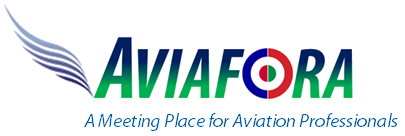Salary & Conditions
- The starting salary is £10,834.11 during the first year of college training with National Air Traffic Services (NATS) . There is also a benefits package including a pension scheme, voluntary benefits and family-friendly policies. Students also get an additional £60 per week towards accommodation.
- After completion of the college training phase, salaries rise to £15,450 - £18,540 depending on the posting. Candidates are then eligible for a further £1,000 to go towards travel and other expenses.
- When training has been fully completed, expected salaries range from £29,443 - £32, 814, depending on location.
- Salaries rise again typically after validation and after the candidate's third joining anniversary. Salaries will then range from £42,061 - £46,878, plus shift pay of £5,543.
- Senior controllers with substantial experience can potentially earn over £91,000 at the larger centres of Swanwick and Heathrow.
- Pay at private air traffic control companies may differ slightly to that offered by NATS.
- Air traffic controllers usually work between 37 to 40 hours a week, but this will be spread out over days, nights, weekends and public holidays. Air traffic control has to be manned 24 hours a day and so shift work is used to ensure there is always cover.
- Air traffic controllers usually work either in area control centres or in airport control towers. They are typically required to stay at their desk or station for two hours before having a break. The busy work and amount of concentration required can lead to tiredness and a feeling of pressure. The office environment is normally made comfortable so it aids the controllers in their critical work.
- Jobs are available at the NATS control centres located in Swanwick and Prestwick. There are also opportunities in the airports across the UK in the control towers. Some are managed by NATS while others are run by private companies or the airport itself.
- Employees of NATS may be required to move to different locations depending on the company needs and this is often written into contracts.
- Self-employment/freelance work is virtually impossible.
- Air traffic controllers are subject to the Rail and Transport Safety Act (as are train drivers and air pilots). This act sets strict limits on blood-alcohol levels (well below the drink/drive levels) and drugs are forbidden. Random testing can take place.
- Overseas work or travel is uncommon but it is possible to move with overseas employers, notably in North America and the Middle East.
